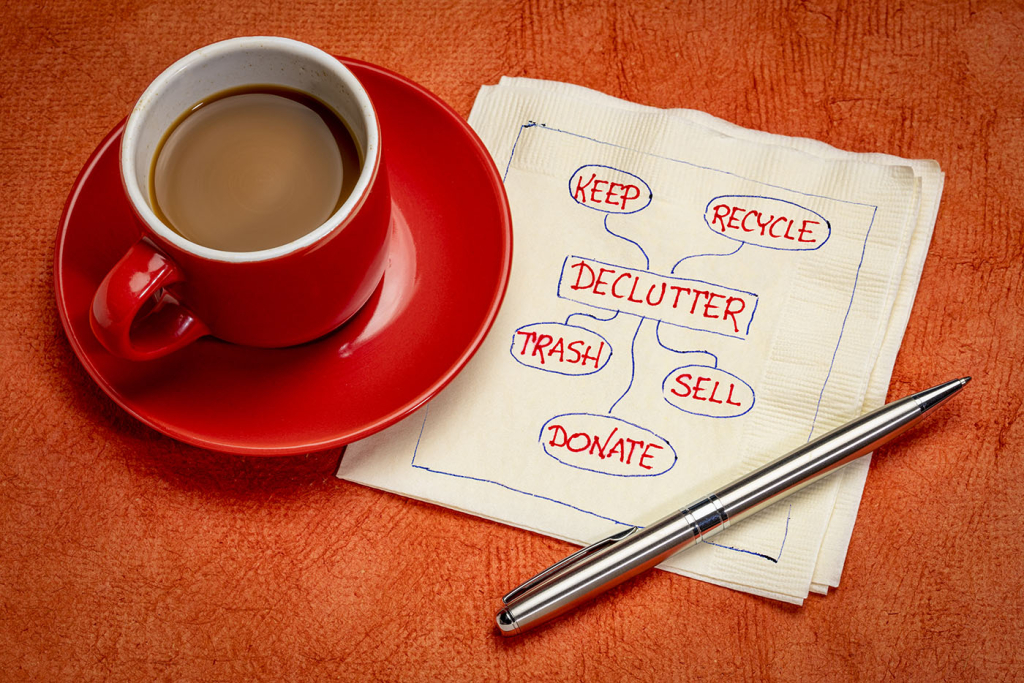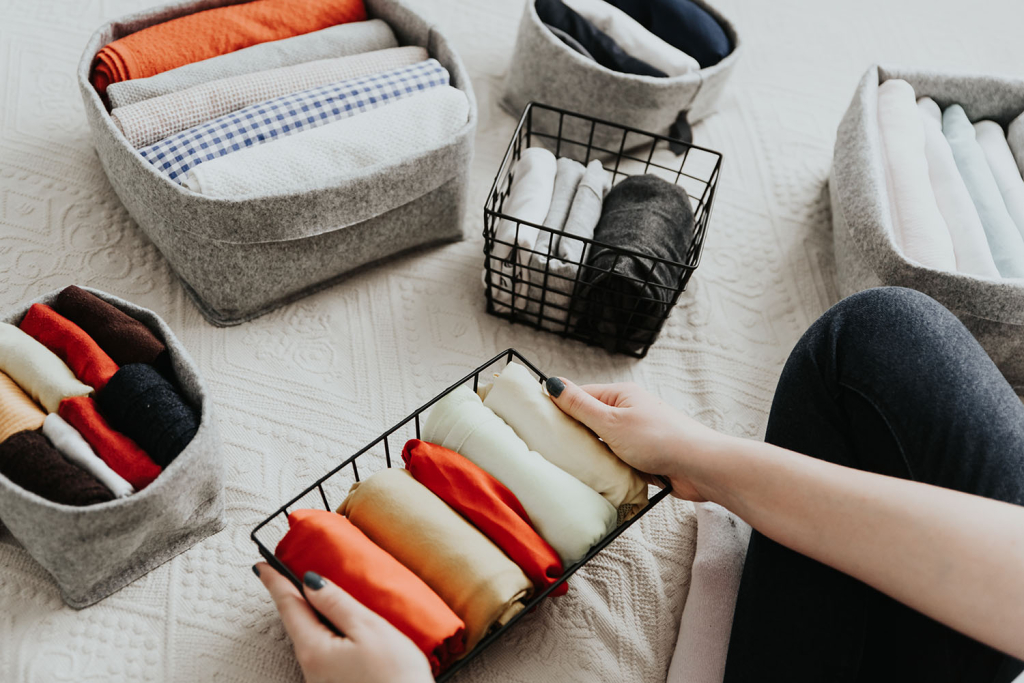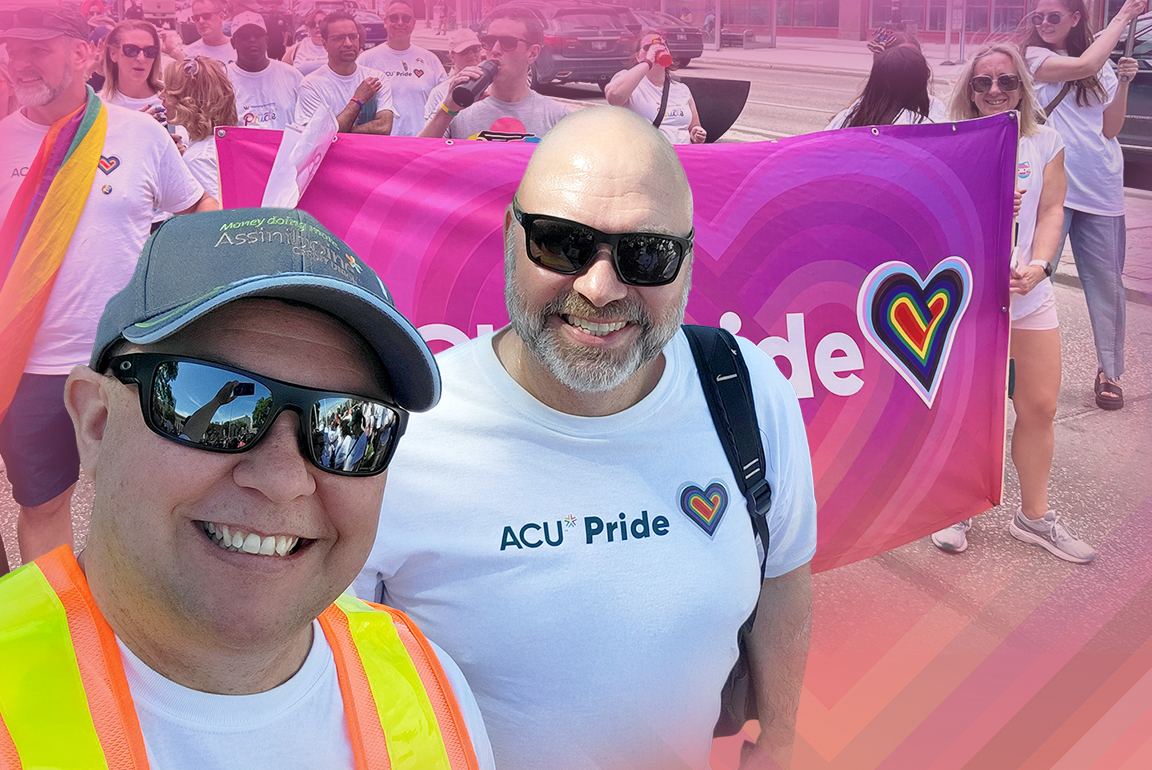How to spend less: A low debt, no regret lifestyle
Lisette Calveiro paid a high price for living a lie on Instagram.

Despite PR jobs in New York and Miami, she racked up $10,000 in debt by her mid-20s, overspending on clothes, luxury accessories, trips and dining out – all to portray a perfect lifestyle for her 12,000 Instagram followers. “I was living a lie,” she told the New York Post.
Even if you don’t have an Insta-lifestyle, having too many expenses may feel all too common for the average person. When looking at your bills and account balances, you might even be left wondering, ‘Do I really need all these things?’
In Canada, half of people aged 18 to 38 admit spending beyond their means just to keep up with friends. In addition, 30 per cent say they spend money on an item or experience at least a few times a year solely to post about it on social media.

Older generations also fall prey to ‘keeping up with the Joneses.’ Spurred on by home makeover TV shows, Canadians took out over $17 billion in home equity line of credit loans (HELOCs) to finance reno projects in 2017. So how do we find the right balance?
Here are some tips for living a fulfilling life that isn’t wrapped up in material things, and how to use your money for much more rewarding returns.

The sharing economy
Sharing is chic. Instead of buying new or paying full price, save money by renting someone else’s home (for example, looking for leases on Viewit, Craigslist, REALTOR.ca and Airbnb). Similarly, whether you’re in need of wheels close to home or if you’re travelling anywhere in Canada or the USA, you can use a carshare program such as Peg City Car Co-op. And if you’re in the market for designer clothes for special events such as weddings and much-anticipated celebrations, check out the luxury inventory at Canada’s own Sprout Collection. Through these same online platforms (which even offer premium ‘luxury’ options), you can also make money by renting out your own goods to others.
Minimalism

The KonMari Method™ signals another shift from materialism to minimalism. Marie Kondo’s hit Netflix show has inspired millions of people to declutter their homes, appreciate items they already have, and accumulate less ‘stuff’ going forward. Express gratitude to those belongings you no longer need, then say goodbye — and don’t feel the need to replace their space.
Doing vs. buying
Two studies by Cornell University suggest that experiences bring people more enjoyment than buying things. According to the research, we often feel like the car, house or clothing we buy doesn’t measure up to other people’s things. Yet, we rarely make similar negative comparisons about our vacations, parties or family gatherings.
In short, the emotional value of memories we get from experiences outweighs (and outlasts) the material value of the stuff we buy.
Free experiences
Cliché alert: yep, the best things in life are often free. When the UN asked people to share photos of what makes them happy for the 2014 International Day of Happiness, thousands posted pictures of kids playing, parades going by and people riding their bikes — not expensive bling.

If you stop overspending on items you don’t need, what should you do with your money instead? As Calveiro (the Instagrammer mentioned in the beginning of the article) reflected on her social media-fuelled spending, “I had a lot of opportunities to save. I could’ve invested that money.”
Here are some worthwhile investments:
- Education: Although post-secondary tuition costs an average of $6,838 per year in Canada, the Conference Board of Canada says post-secondary graduates consistently out-earn non-grads over their lifetimes.
- Travel: It takes a lot of hard work, planning and saving for a dream vacation, such as a year-long backpacking adventure, a Caribbean getaway or even a camping trip in the great outdoors. Wherever your travels take you, the emotional and cultural value can be priceless.
- A house: Housing has been the world’s best investment for the past 150 years, outperforming stocks, bonds and treasury bills with an average annual return of just over 7%.
Want to live within your means? Try to stay focused on what means the most to you in life, and don’t sweat the small stuff. It’s easy to get wrapped up in the day-to-day desires and impulse purchases, but by recentering on your long-term goals and what truly makes you happy, you can likely live with much less.

If you’d like to discuss your personal savings, expenses and long-term financial goals, we’re here to help. Just book an appointment online, choose “Financial Review” and we’ll get started!
Up Next
Sustainability: How ACU is turning words into action
A hand holding a seedling
For ACU, Pride radiates outward
“I’ve always wanted to instill a change in the world for the better,” says Cristina McCourt, Financial Account Manager Trainee and member of the ACU Pride Committee, an employee-led resource…
Royal Aviation Museum travels to its final destination—with ACU’s help
A stone’s throw from the main terminal of Winnipeg Richardson International Airport you’ll find one of Canada’s hidden gems, where the airplanes are a little more exciting than your typical…




